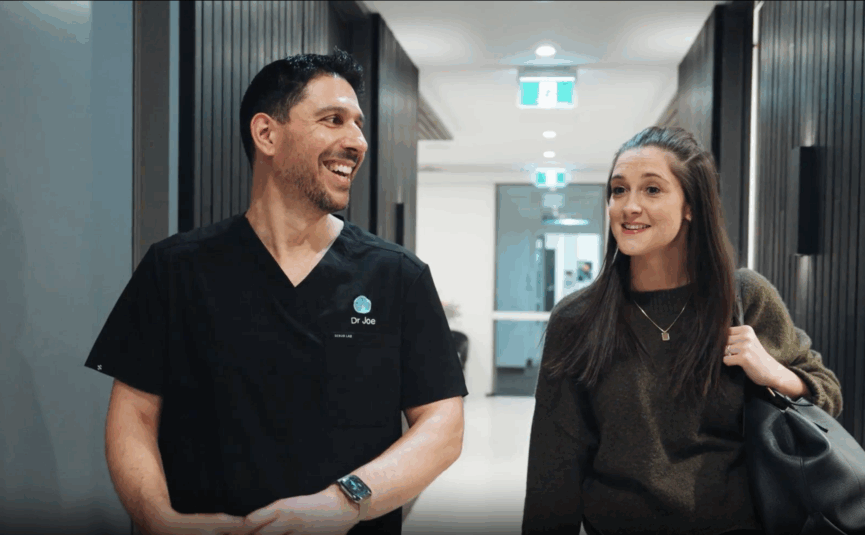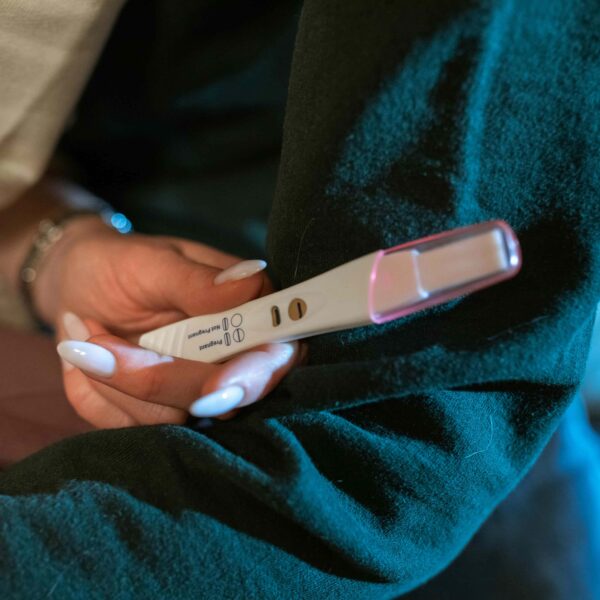Female infertility
Undergoing fertility treatment is a major decision and Dr. Joseph Sgroi is committed to providing you with personalised fertility management suitable for you and your partner, using state of the art fertility treatment within a compassionate, confidential and supportive environment.
Fertility preservation
Some women choose to delay their reproductive life due to social reasons. Many are now choosing to freeze their eggs at a young age to protect against the natural decline of ovarian function later in life. This is in part because age-related infertility in women is one of the most common issues seen by Dr Sgroi.
Egg freezing
Women are most fertile from age 20-35, with an abundance of egg reserves and of highest quality. After 35 the quantity and quality unfortunately declines and by the age of 40 it becomes harder to conceive naturally.
Egg freezing is like taking out insurance for your fertility, Melbourne obstetrician Dr Joseph Sgroi explains. To obtain eggs for freezing in what’s called an egg retrieval, a woman undergoes hormonal stimulation over 10–12 days which stimulates a group of eggs to mature. A stimulated cycle usually results in the collection of 10-12 eggs (10-20 eggs in women younger than 35).
Around 15-20 eggs are required to generate a single pregnancy.
Ovulation induction
Some women have irregular periods, therefore being able to predict when ovulation occurs is often difficult.
Dr Joseph Sgroi will administer fertility drugs to facilitate the recruitment of one follicle and hence the production of one egg. Transvaginal ultrasounds will be conducted to monitor the development of the follicle and the lining of the uterus and blood tests obtained to check hormone levels.
Dr Sgroi will advise you when it is best to have unprotected intercourse so as to maximise your fertiliy window.
The fertility drugs Dr Sgroi will prescribe you are:
- Follicle Stimulating Hormone (FSH)
- Letrozole
- hCG (human Chorionic Gonadotropin)
Ovarian reserve testing
Females are born with approximately 1 million eggs and this number declines with age through natural attrition and ovulation. However, the rate at which a woman can ‘lose’ eggs during her reproductive life varies greatly from individual to individual and around 10 percent of women will actually experience an accelerated loss.
Read more about ovarian reserve testing.
Asherman syndrome
Asherman Syndrome means that scar tissue is present inside the uterus (womb) or cervix.
Although this scare tissue does not interfere with your health, it can prevent you from getting pregnant or, in rare cases, may affect the development of a baby during pregnancy.
Send us a message
If you have any questions or are ready to book an appointment, please get in touch with our friendly team.



